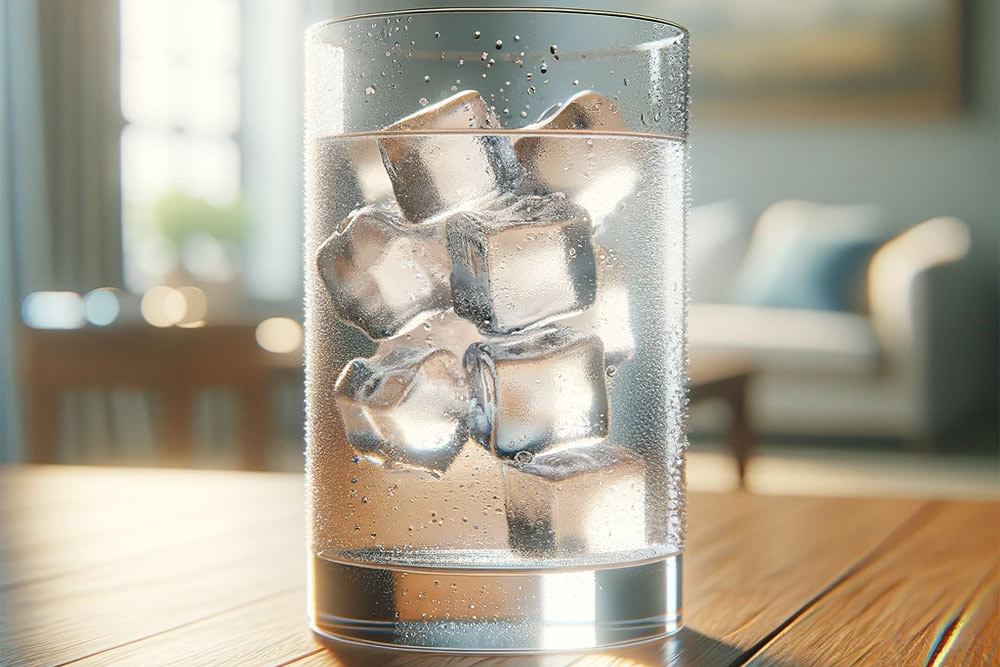In the realm of home water treatment, the evolution of technology has brought us to an era where the traditional methods are being challenged by more innovative and environmentally friendly solutions. Among these, no-salt water conditioners have emerged as a significant advancement, offering a plethora of benefits over the conventional salt-based water softeners. This blog post delves into the world of no-salt water conditioners, exploring their functionality, benefits, and why they are becoming an increasingly popular choice for homeowners.
Firstly, it’s crucial to understand the difference between traditional water softeners and no-salt water conditioners. Conventional water softeners typically use a process known as ion exchange to remove minerals like calcium and magnesium, which are responsible for water hardness. This process replaces these minerals with sodium (salt), effectively softening the water. However, this method has its drawbacks, including the need for regular salt replenishment and the environmental impact of discharging salt brine into the sewage system.
No-salt water conditioners, on the other hand, operate on a completely different principle. Instead of removing the minerals, these systems alter the physical properties of the hardness minerals, primarily through a process known as Template Assisted Crystallization (TAC) or other similar technologies. This process transforms the minerals into a crystalline form that does not adhere to surfaces, thereby reducing scale buildup without adding sodium to the water. This key difference not only addresses the environmental concerns associated with salt-based systems but also offers several other advantages.
One of the most significant benefits of no-salt water conditioners is their environmental friendliness. Since they do not require salt, there is no issue of salt brine discharge, which is a concern in areas where water conservation and environmental impact are priorities. This aspect makes no-salt conditioners an ideal choice for regions with strict regulations on salt use and discharge.
Moreover, no-salt water conditioners are low maintenance compared to their salt-based counterparts. They do not require the regular purchase and loading of heavy salt bags, making them a convenient option for many homeowners. This ease of maintenance is not just a matter of convenience but also translates into cost savings over time.
Another advantage is the health aspect. For individuals on low-sodium diets, no-salt water conditioners are a boon as they do not add sodium to the water. This feature makes the water healthier for consumption, especially for those with specific dietary restrictions related to sodium intake.
Furthermore, no-salt water conditioners are known for their efficiency in preventing scale buildup. While they do not remove the hardness minerals from the water, the transformation of these minerals into a non-adhering form effectively prevents the scaling that can damage appliances and plumbing fixtures. This can extend the life of appliances like water heaters, dishwashers, and washing machines, and reduce the need for frequent repairs and replacements.
In terms of installation and operation, no-salt water conditioners are generally easier and less expensive to install than traditional softeners. They do not require a drain or an electrical connection, which simplifies the installation process. Additionally, their operation is not dependent on electricity, making them a more sustainable option in terms of energy consumption.
Despite these advantages, it’s important to note that no-salt water conditioners may not be the perfect solution for everyone. They are most effective in treating moderate levels of water hardness and may not be as effective in areas with extremely hard water. Therefore, it’s crucial for homeowners to assess their specific water conditions and requirements before making a decision.
In conclusion, no-salt water conditioners represent a significant step forward in home water treatment technology. Their environmental friendliness, low maintenance, health benefits, efficiency in preventing scale buildup, and ease of installation make them an attractive option for many homeowners. As we continue to move towards more sustainable living practices, technologies like no-salt water conditioners play a crucial role in helping us achieve our environmental goals while ensuring the comfort and health of our homes. For those looking to upgrade their home water treatment systems, no-salt water conditioners are certainly worth considering.


